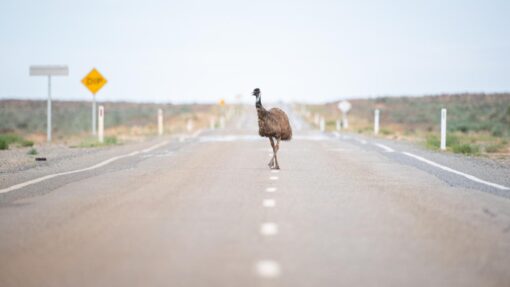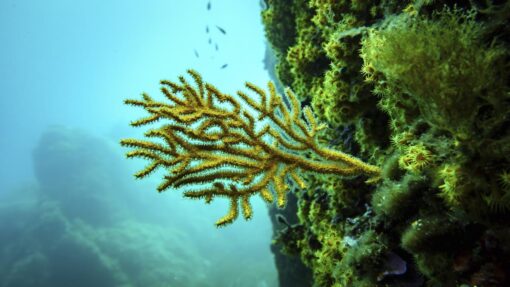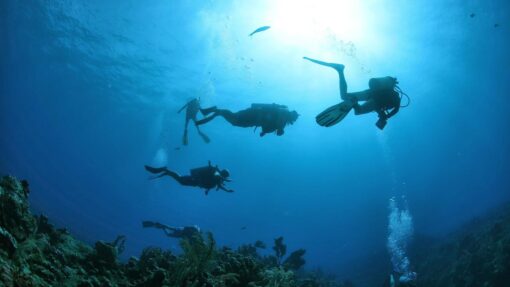PM defends energy transition after Pacific criticisms
Dominic Giannini and Jacob Shteyman |

Prime Minister Anthony Albanese has defended Australia’s progress on emissions reductions after weathering criticism from Pacific leaders for contributing to climate change.
Speaking at the Commonwealth Heads of Government Meeting in Samoa, Mr Albanese argued ensuring energy security was essential to maintaining public goodwill for the energy transition.
Pacific leaders have been pushing for more action on rising sea levels at the meeting of the heads of 56 Commonwealth nations.
Mr Albanese was responding to a report released by Tuvalu’s Prime Minister Feleti Teo, which pointed the finger at Australia, Canada and the UK over disproportionately high emissions from fossil fuel extraction among Commonwealth nations.
“They recognise the challenge of climate change doesn’t mean you can flick a switch and act immediately,” Mr Albanese told reporters on Friday.
“We need to make sure energy security is prioritised to make sure we have that support going forward.
“The feedback from Pacific leaders has been very welcoming of Australia’s leadership in the Pacific with climate action.”
The impacts of climate change pose an existential threat to smaller island nations in the region.
It is the first time the summit, which happens every two years, is being hosted in the Pacific Islands region, giving leaders a welcome opportunity to shine a spotlight on climate impacts.

King Charles, who was presiding over the meeting for the first time since taking the throne, reiterated the need for greater investment in climate action.
“Lives, livelihoods and human rights are at risk across the Commonwealth,” he said in a speech.
“I can only offer every encouragement for action with unequivocal determination to arrest rising temperatures by cutting emissions, building resilience as far as possible to both the current and forecast impacts of climate change and conserving and restoring nature both on land and in the sea.”
Mr Albanese hit back at suggestions the King was being overtly political in his comments.
“In most parts of the world, with few exceptions, climate change is above politics,” the prime minister said.
“One of the first world leaders to recognise the challenge of climate change and the need to act was Margaret Thatcher.”
Following a reception on Friday evening, heads of state and their partners will take part in a leaders’ retreat at a beach resort on Saturday.
Pacific affairs expert George Carter said the meeting being held in the Pacific meant leaders had the chance to see first- hand the impact on climate change.
Heavy rains and localised flooding across the Samoan capital Apia on Thursday was a timely reminder of what vulnerable nations were going through, he told AAP.
“In terms of sea level rises, this has been an issue Pacific islands have focused on this year,” he said, referencing previous meetings at the Pacific Islands Forum and United Nations General Assembly where it was brought up.
“What’s unique is the lived experience and the reality of changing weather patterns here in the Pacific.”
Mr Albanese also held his first face-to-face meeting with British Prime Minister Keir Starmer since the latter took office.
The pair foreshadowed a new agreement on climate action to deepen investment in technologies like green hydrogen and offshore wind.
AAP


